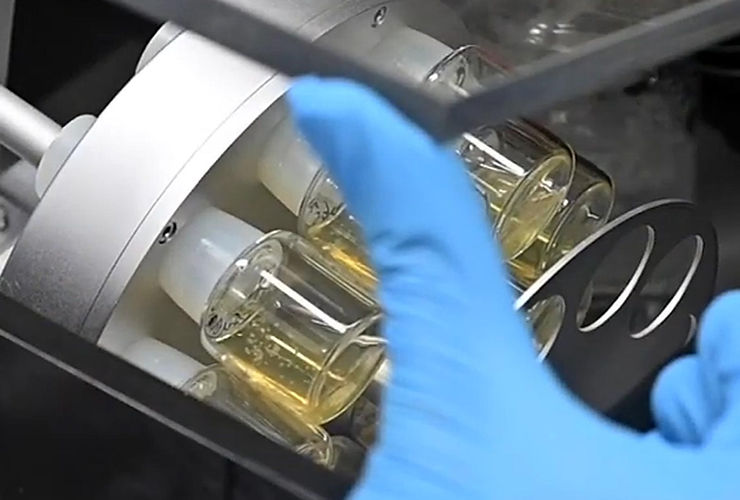By: Evan Yang
Stem cells have always been a promising as a potential solution for organ regrowth and other, but ethical dilemmas have slowed the technique’s progression. Now, synthetic mouse embryos created by scientists at the Weizmann Institute of Science are allowing for new developments in this field of study. The goal for the embryos this time is to find out more about how organs develop to help heal human organs.
The synthetic embryos were created without sperm or egg cells and were grown for eight days. The embryos had a heart, head, tail, and a developing brain and muscles. However, after the eighth day, the embryos stopped developing. Researchers hope to solve this issue.
In the past, mouse and human embryos have been researched for stem cell therapy purposes. Stem cell therapy is a way to heal wounds using stem cells, which can differentiate and become any type of cell. The ethics of this method are debated because extracting stem cells kills the embryo. However, the use of future synthetic human embryos may lift some of these concerns. This technique also raises questions about when synthetic embryos become too close to the real thing.
For now, the procedure to make synthetic embryos is still under development. The success rate is currently less than one percent. The leader of the Weitzmann research team, biologist Jacob Hanna, has co-founded the company Renewal Bio, which will build on this research.











